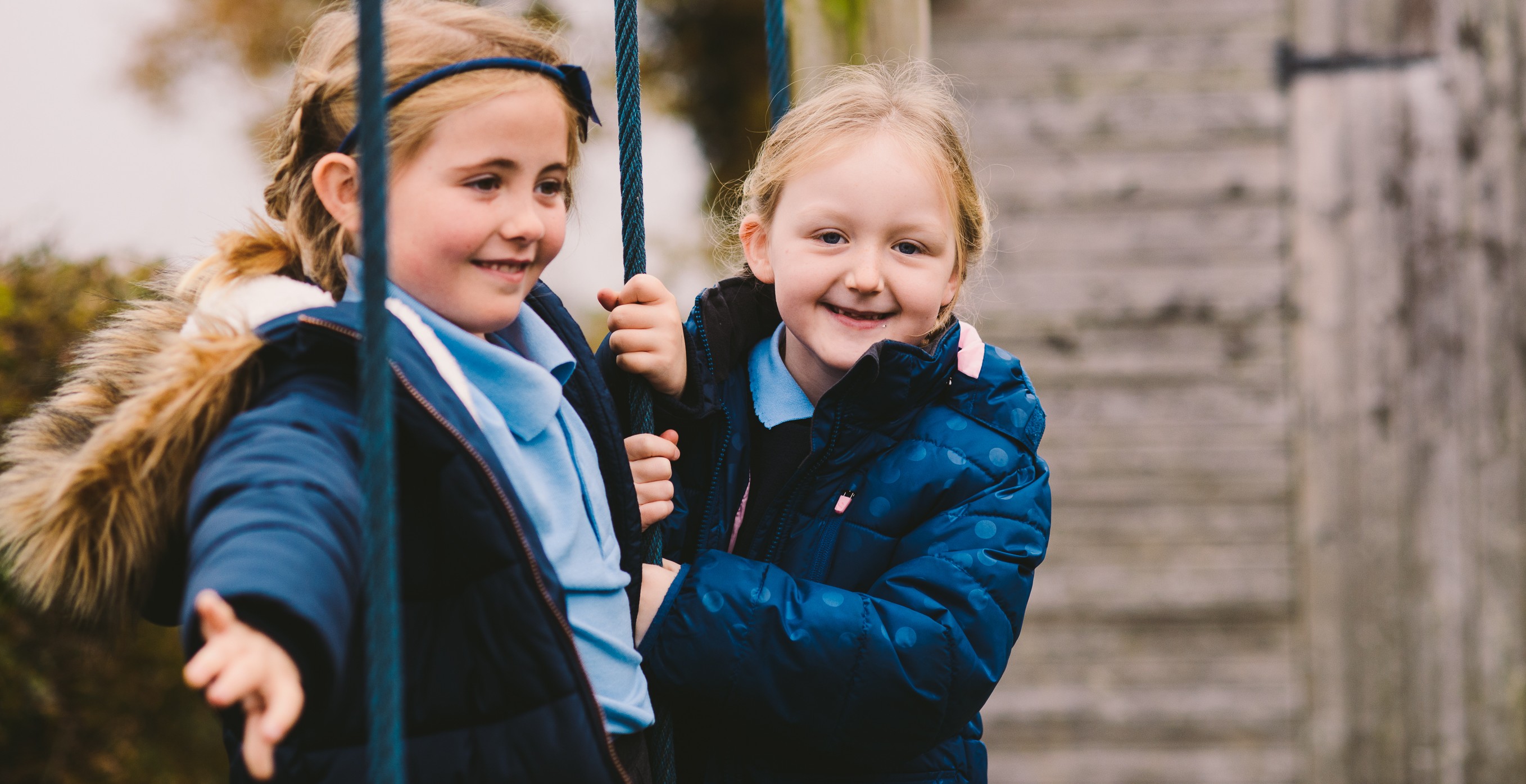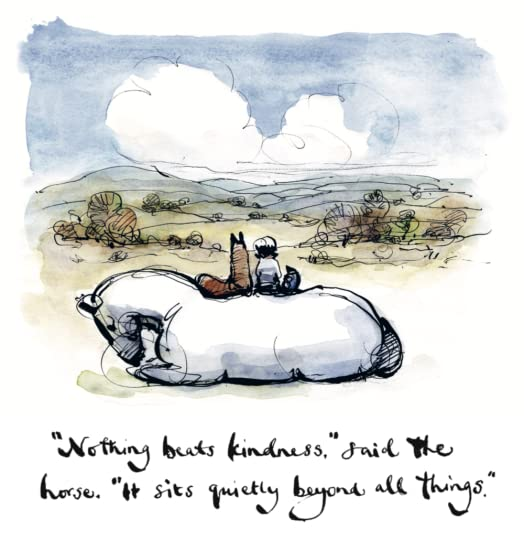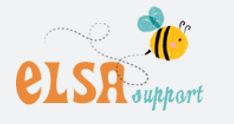Mental Health and Wellbeing
Spring 2025 Wellbeing Newsletter
Autumn 2024 Wellbeing Newsletter
At Mobberley C of E Primary School, we are committed to support the emotional health and wellbeing of all of our pupils and staff. We recognise that the complete experience of school life contributes to the emotional wellbeing of everyone who learns and works at Mobberley C of E Primary. Therefore, we take the view that positive mental health is everybody’s business and that each of us have a role to play.
Mental Health and Wellbeing Support Team
Senior Mental Health and Wellbeing Lead: Mrs Bentzien (SENDCo)
ELSA (Emotional Language Support Assistants): Mrs Knowles and Mrs Ashworth
Promoting pupil well-being is more than just helping children to achieve academically. A child’s well-being could be the key to their current and future happiness. With this in mind, we are determined to support our children in every way possible, to ensure that they are provided with the best start to their life and are fully equipped with the tools to manage their thoughts, emotions and well-being.
We feel the social and emotional skills, knowledge and behaviours that children can learn in our school can help them build resilience and set the patterns for how they will manage their mental health throughout their lives.
Friendship ~ Courage ~ Perseverance ~ Respect ~ Honesty ~ Compassion
Influenced by our Christian values and our curriculum, we provide a supportive and caring environment where each individual is valued and is driven by an ethos of respect and kindness. We have high expectations for all of our children, and we know they all have the potential to do well in all aspects of life.
We have trained staff and a range of resources and activities available within school to support our children, and we also work closely with a variety external services to provide further support where and when necessary.
Please, always get in touch with a member of staff or one of the Mental Health and Well-being support team. We are here to help and will do everything we can to assist you.
Click here to view our Mental Health and Wellbeing Policy 2024/2025
My Happy Mind
We are very excited to announce that we will be continuing the My Happy Mind Curriculum academic year.
My Happy Mind is a science-backed programme grounded in the latest science and research about what it takes to create positive well-being.
Programme Structure
My Happy Mind is taught across five modules and each introduces a new set of content and habits to help children build resilience, self-esteem and confidence.
Meet Your Brain
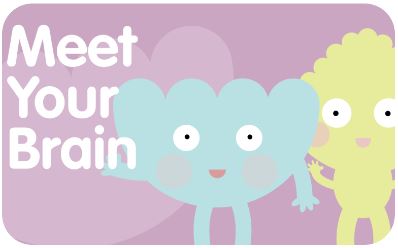
Understanding how your brain works and how to ensure we look after it so that we can manage our emotions and be at our best. Growth mindset is a key part of this too.
Celebrate

Understanding your unique character strengths and learning to celebrate them. This is a fantastic module for building self esteem.
Appreciate
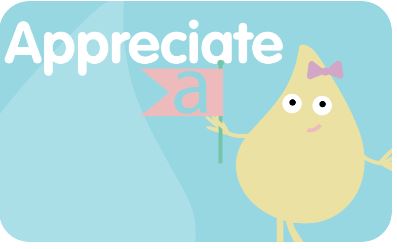
Understanding why gratitude matters and how you can develop gratitude as a habit. Gratitude is key to well-being and resilience and we’re all about making it a habit!
Relate
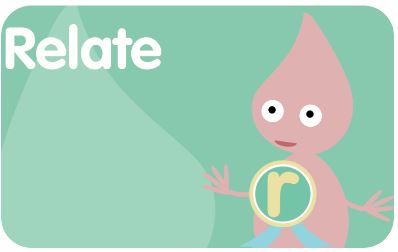
Understanding why positive relationships matter and how to build them. We’re focussed on the building blocks of good relationships and friendships.
Engage

Understanding how to set meaningful goals that matter and how to keep resilient in times of challenge. This module is all about building self esteem and resilience too.
ELSA Intervention (SEMH intervention)
Mrs Knowles and Mrs Ashworth are our ELSA (Emotional Literacy Support Assistant) specialist teaching assistants. ELSAs are trained and regularly supervised by the Educational Psychologists in our Local Education Authority. An ELSA is a warm and caring person who wants to help your child feel happy in school and to reach their potential educationally. Their aim is to remove the barriers to learning and to have happy children in school and at home.
We offer this intervention for children identified by parents or staff as needing support in the following areas; Friendship, Self-esteem, Emotion Management, Resilience, Bereavement, Social Skills, Behaviour and Conflict Resolution.
Click here to view the information leaflet for ELSA.
Click here to visit the ELSA website.
Information about Challenging Behaviour
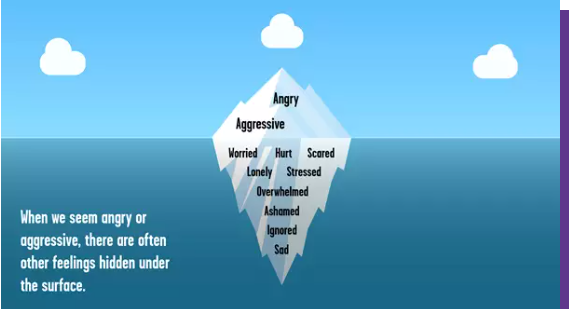
What is challenging behaviour?
Just like us, children behave differently at different times. Feeling upset, sad, cross, frustrated and
lots of other kinds of emotions is a normal and healthy part of their life. Many children go through
phases of testing boundaries, and they are likely to behave in ways that are harder to manage when
they are tired, ill or stressed. It is normal for younger children to have tantrums sometimes, while
older children may sometimes shout, storm out or lash out.
When we talk about ‘challenging behaviour’, we mean behaviours that are persistent and difficult for
both you and your child to manage – and that may have a significant impact on your child’s wellbeing,
daily routine, school life, and relationships with family and friends.
Examples of behaviour:
• Having lots of angry outbursts or ‘tantrums’
• Regularly shouting, swearing and being very argumentative
• Frequently shoving, hitting, biting and kicking other family members or children at school
• Kicking, hitting, smashing or damaging things in the home
• Regularly refusing boundaries and routines, including not wanting to respond to reasonable requests
• Behaving impulsively and taking physical risks – for example climbing in ways that are unsafe and breaking things
• Blaming others for their behaviour
• Being unkind or bullying towards other family members or children at school
• Persistently getting into trouble at school
• Refusing to engage in conversations about what’s going on or to access support
This behaviour can affect your child’s wellbeing by:
• Getting in the way of daily routines that are important for their wellbeing – such as sleeping, eating, being active and spending quality time with you
• Putting them or other people at risk of harm
• Preventing them from having positive experiences within the family or at school
• Negatively affecting their relationship with you
• Disrupting their learning and their ability to make friends at school
• Leaving them isolated and/or withdrawn
For both you and your child, this kind of behaviour can feel overwhelming – especially if it’s
happening on a daily or weekly basis. Remember that even when things feel really stuck, there are
things you can do to help your child find new ways of managing their feelings – please see the Parent Guidance Leaflet below which details ideas and strategies to help manage difficult behaviour at home.
Please click here to view the Challenging Behaviour Guide
Behaviour Management Parent Courses
Timid to Tiger
email – parenting@justdropin.co.uk for more information on the next course dates.
Timid to Tiger is an entirely parenting-based approach to managing anxiety in children (available to parents of children aged 8-11). It is based on evidence that anxious children benefit substantially from a parenting style that is clear, calm and consistent.
The group aims to explore the role of anxiety within a family and how it develops. It is run weekly over an 8 week period:
1. Introduction to the program
2. Securing the parent-child bond through non-directive play
3. Understanding your child’s anxiety
4. Using praise to build children’s confidence and using rewards to help your child’s motivation
5. Setting limits on anxious children’s behaviour and using withdrawal of attention to manage children’s behaviour
6. Managing worry
7. Managing really difficult behaviour
8. Review and celebration
Triple P Parenting Course
Click here for more information.
123 Magic!
What Is 1-2-3 Magic? Click here for more information.
1-2-3 Magic is the world’s simplest parenting program. So much parenting advice is complicated and confusing—not 1-2-3 Magic! Dr. Thomas W. Phelan, a clinical psychologist with decades of experience, breaks the complex job of parenting down into 3 simple steps:
- Getting your kids to stop doing the things you don’t want them to do (tantrums, whining, etc.)
- Motivating your kids to start doing the things you want them to do (cleaning up, homework, etc.)
- Bonding with your kids (the best part!)
With these 3 steps, which you can start using in your house right away, 1-2-3 Magic has helped millions of families grow stronger and more connected, with happier parents and, most importantly, happier kids!
Useful Website Links for Parents and Carers
Young Minds – https://www.youngminds.org.uk/
Place2Be – https://www.place2be.org.uk/
Centre for Mental Health – https://www.centreformentalhealth.org.uk/
Hub of Hope – https://hubofhope.co.uk/
Cheshire East Livewell – https://www.cheshireeast.gov.uk/livewell/local-offer-for-children-with-sen-and-disabilities/health/mental-health.aspx
NSPCC Mental Health – https://www.nspcc.org.uk/keeping-children-safe/childrens-mental-health/
Visyon – https://www.visyon.org.uk/
